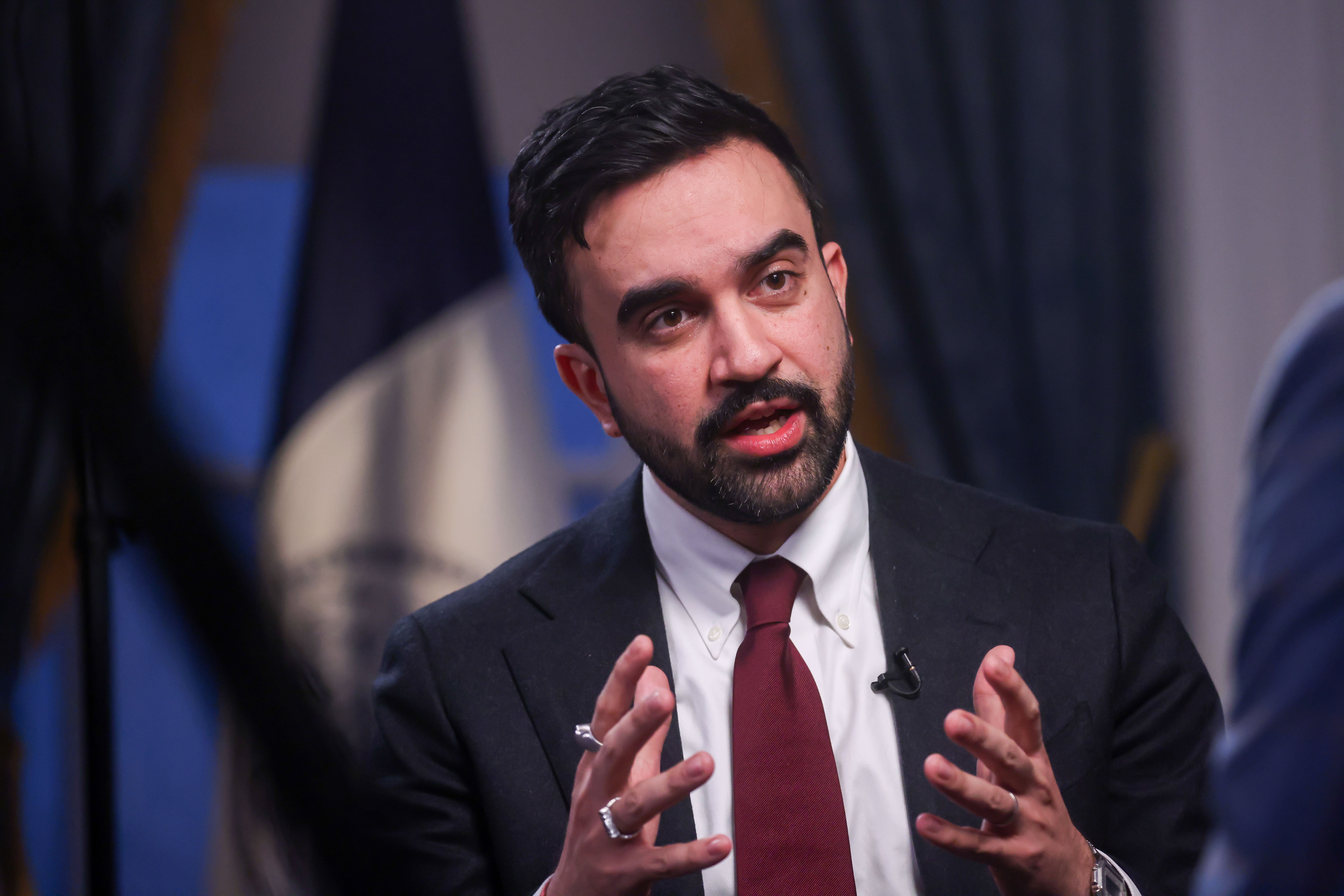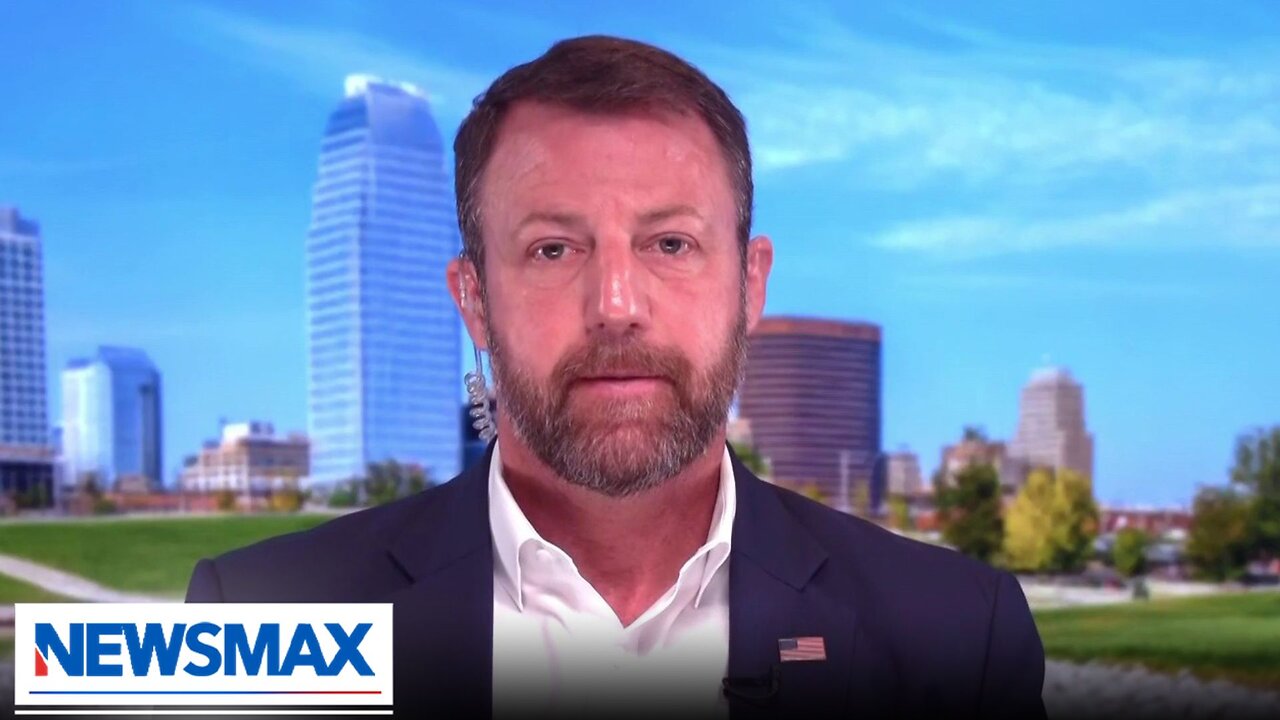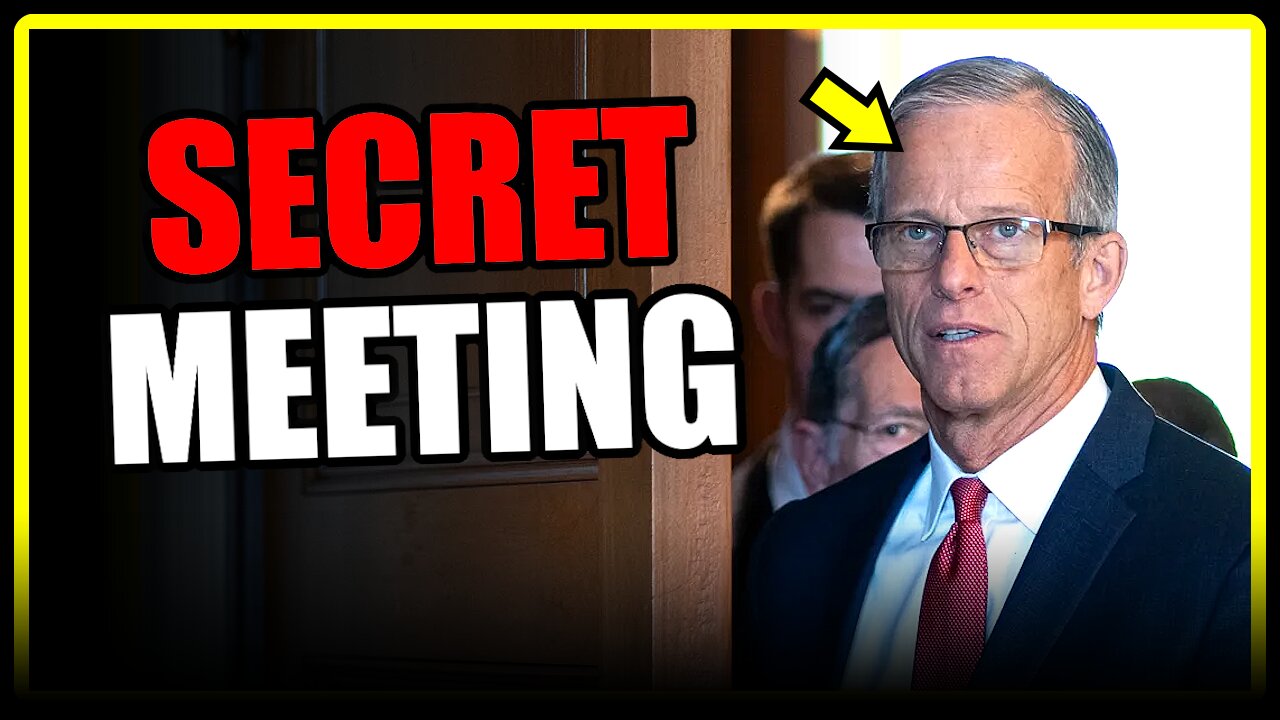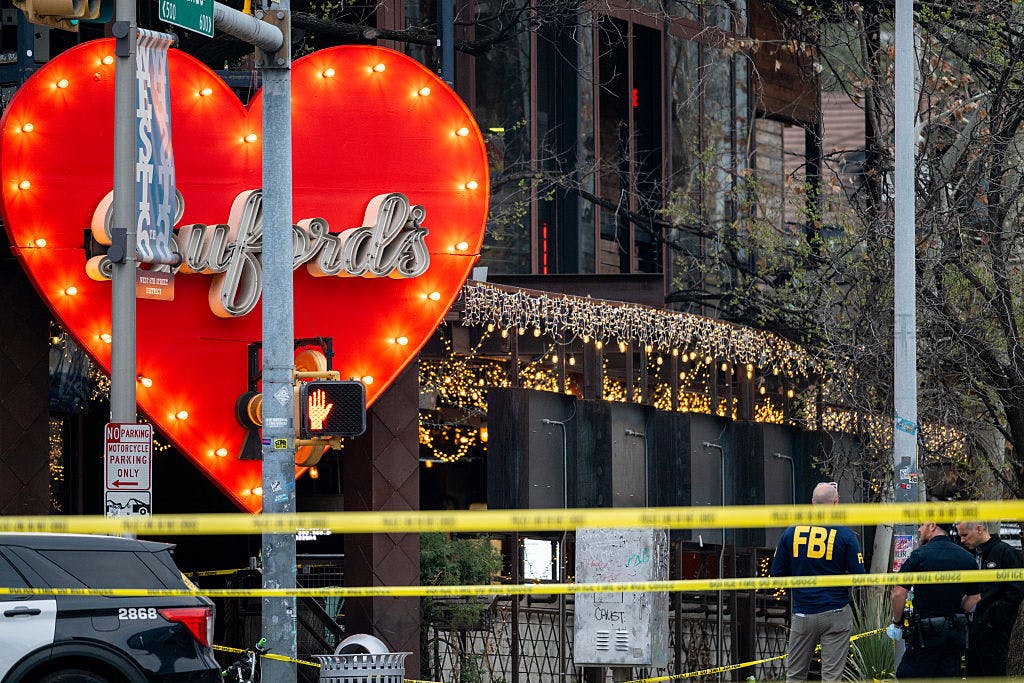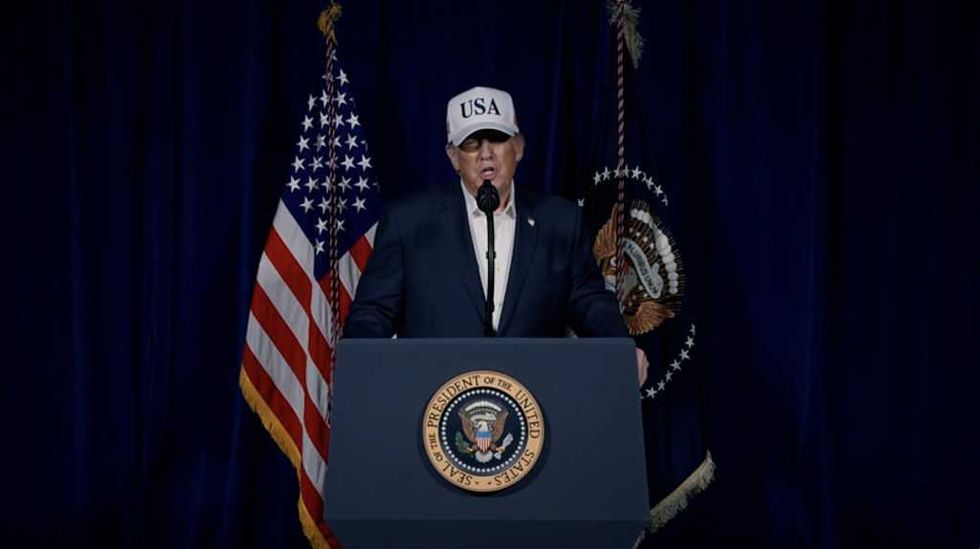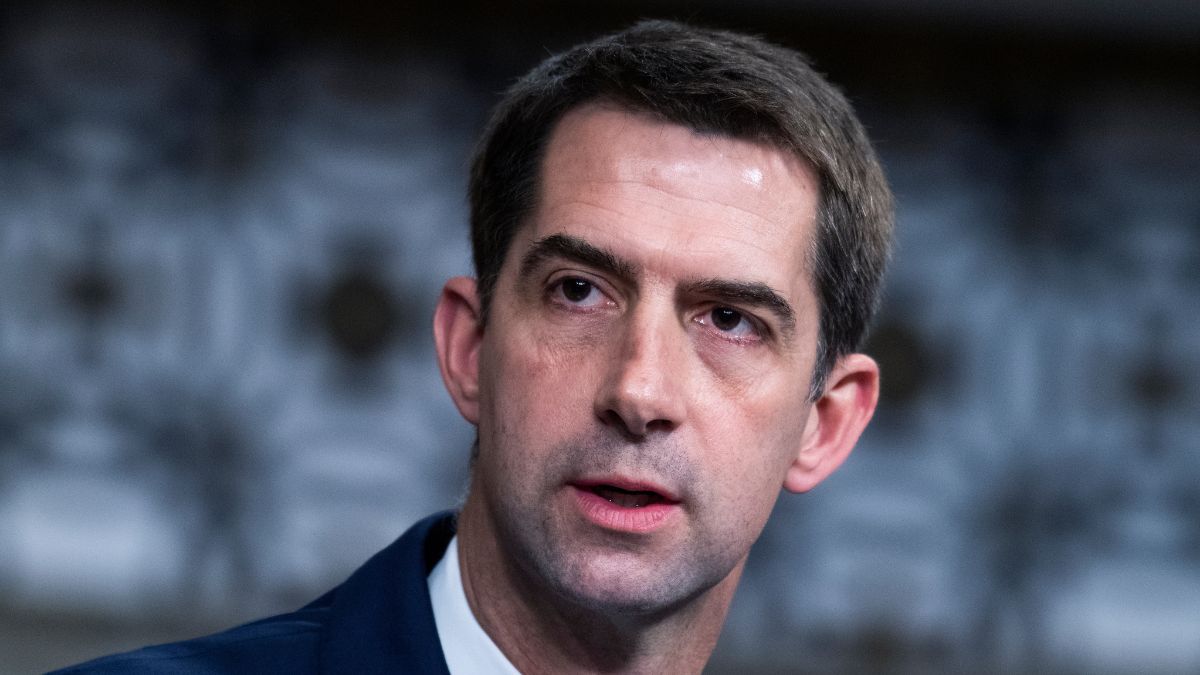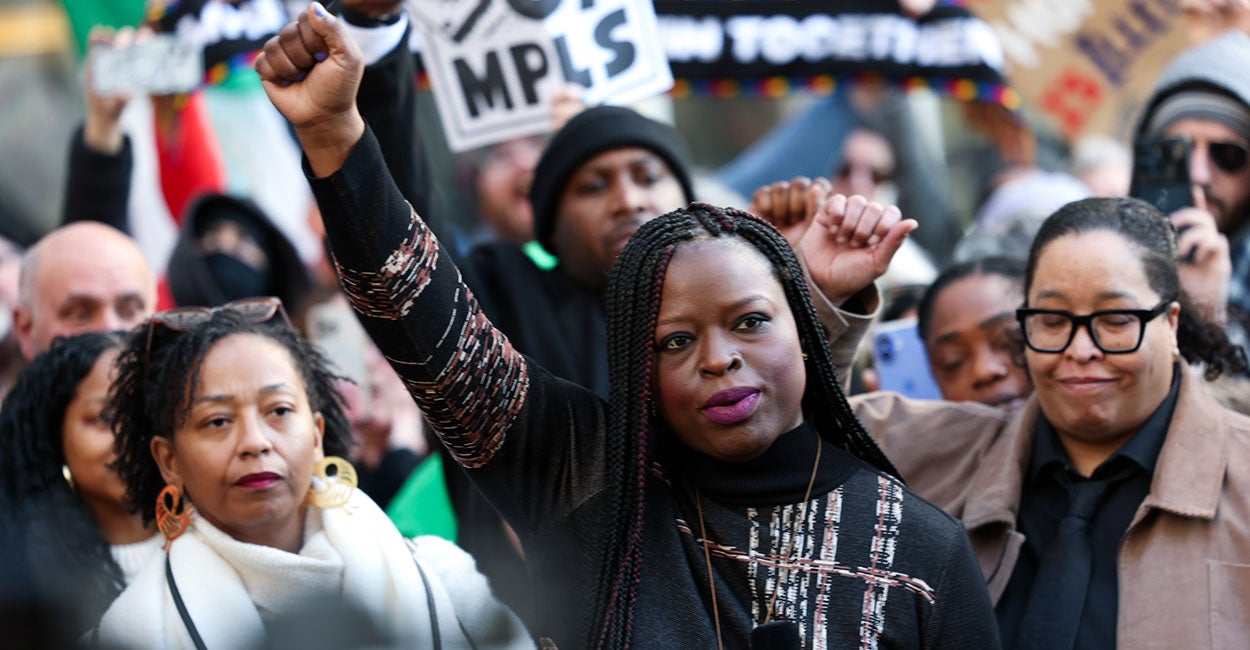Trump’s Guard Deployments Lowered Crime, But Can More Be Done? Witnesses Describe How at House Hearing
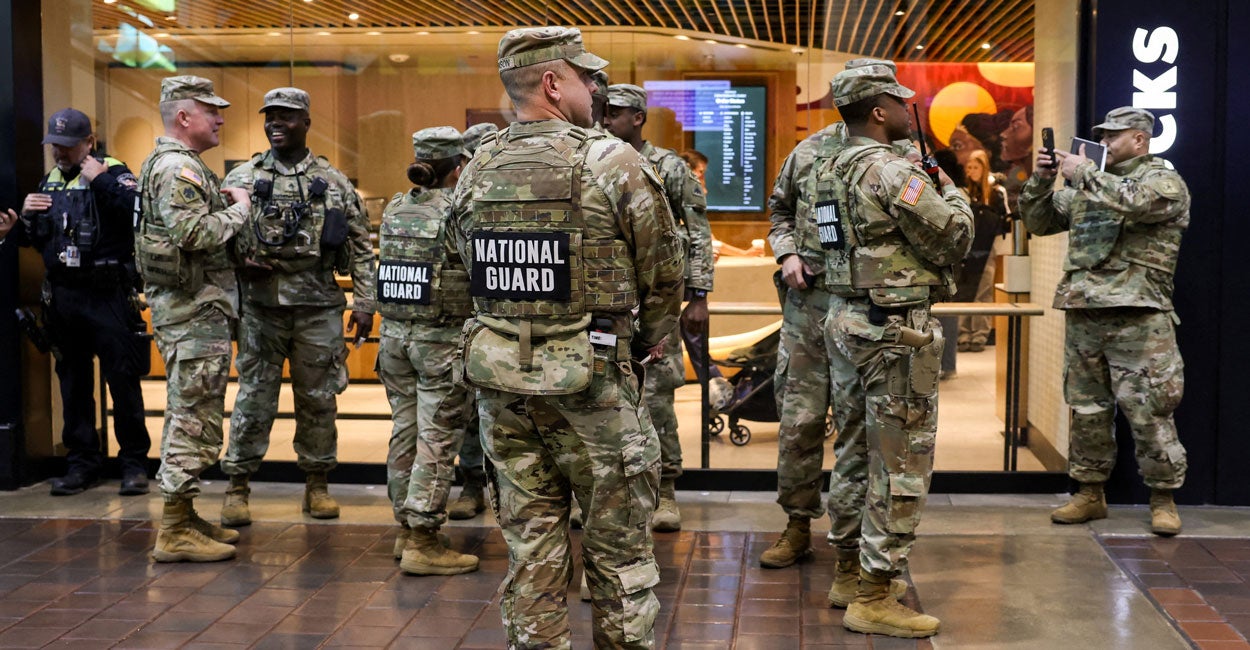
President Donald Trump promised to tackle the issues of crime and law and order in American cities. Early in his second term, he deployed the National Guard to alleviate the problem in places like the District of Columbia, Los Angeles, and Memphis.
Live Your Best Retirement
Fun • Funds • Fitness • Freedom
The House Judiciary Subcommittee on Oversight held a hearing on Wednesday examining how “Democrat-run cities and their soft-on-crime policies have enabled violent crime to rise unchecked” and explored “how the Trump-Vance Administration is restoring law and order in some of these cities through the deployment of the U.S. National Guard and federal law enforcement entities.”
Rep. Jeff Van Drew, R-N.J., the subcommittee chairman, stated the purpose of holding hearings on the crime issue.
“We need to restore the rule of law in America’s high-crime cities,” Van Drew said. “And let’s be honest about something from the very start. Crime didn’t just rise and come about on its own. It happened because leaders chose to, leaders in the Democratic-run cities have made political choices.”
He said the choices made were to put “radical ideology before safety, politics before people, and criminals before the safety of the good people in our communities.”
Van Drew noted that many cities have embraced soft-on-crime prosecutors, eliminated cash bail, and lowered penalties for repeat offenders.
The New Jersey congressman pointed to Trump’s decision to deploy National Guard troops to various cities as part of his promise to restore the rule of law in America. Hearing witnesses were asked to speak about the National Guard deployments and explain the next steps to improving safety in American cities.
The subcommittee ranking chair, Rep. Jasmine Crockett, D-Texas, said that with the deployment of the National Guard and other actions, Trump has “used the full power of the federal government to attack Americans in cities across the country.” She said Trump has made it more likely for Americans to suffer “militaristic operations” in their homes and other depredations at the hands of “rogue federal agents.”
A Concentrated Problem
Rafael A. Mangual, a fellow at the Manhattan Institute and author of the book “Criminal (In)Justice,” spoke at the hearing about how criminality is concentrated in many cities and how this can mask a larger problem even when crime is generally going down.
“We often talk about crime in nationwide, statewide, or even citywide terms,” Mangual said. “But whether a city’s crime rates are up or down, while important, can mask some important realities.”
Mangual said that in his home city of New York, data from 2010, 2015, and 2020 showed that “approximately 50% of the city’s reported crime occurs on just 4% of the city’s streets.”
That reality means people living on streets with higher crime can have a “radically different experience” than other residents, Mangual said. He noted that in Chicago’s 9th District, the homicide rate was just “2.3 per 100,000,” while in the 6th District the rate was “73.4 per 100,000.”
He said that for this reason, the crime problem still needs urgent attention even if aggregate crime has gone down because many city localities are still experiencing sky-high rates.
Mangual attributed much of the problem to the issue of repeat offenders.
In Chicago, the average homicide suspect has been arrested 12 times previously, and in Oakland, both homicide suspects and victims have, on average, 10 previous arrests, Mangual said.
Mangual said the reason there are so many repeat offenders who commit violent crimes is because “somewhere down the line, policymakers made a choice. They made a choice to pursue decarceration for its own sake because they were convinced that doing so was the best way to serve justice.”
These decisions can and must be reversed, Mangual said. In some cases, states and localities have made a significant pivot. He pointed to Tennessee, where lawmakers “passed legislation to amend their state’s constitution so that judges there can have the right to detain dangerous criminal defendants in all cases.” They also passed a law to ensure that convicted criminals serve the majority of their sentences before being released, he said.
Mangual further recommended Congress pass a crime bill similar to the one from 1994, but “this time with a particular focus on police recruitment and retention, funding the acquisition of force-multiplying technologies, incentivizing data collection, and incentivizing the adoption of strong policies for habitual offenders.”
An Erosion of Crime-Fighting Success
Paul Mauro, an attorney and former inspector for the New York Police Department, said, in the years following the 1994 crime bill, a huge amount of progress was made in stopping crime in New York City.
But the success it produced has “eroded,” Mauro said. He pointed to policies such as no cash bail, which have “coincided with visible disorder.” The former NYPD inspector said disorderly conduct summonses, the “lynchpin of quality-of-life enforcement,” fell by 91% since 2015.
Mauro said police recruitment and retention are in crisis and, while homicide is down in the Big Apple this year, “major felonies are up 16% since 2010 … and low-level recidivism is universal.”
Worse, he said the vast majority of crimes go unreported.
Mauro noted that the use of the National Guard to help stop crime is often misunderstood by the public. In New York since 9/11, the National Guard has patrolled transit hubs “without incident,” he said. These troops provide a deterrent to crime through “visibility,” Mauro added.
When politicians “vilify” these crime fighters, that rhetoric is felt on the street, he said.
“Is it any wonder that since 2019 assaults on NYPD officers are up 63%?” he asked, concluding that those who protect the safety of the public deserve “our support, not our scorn.”
The post Trump’s Guard Deployments Lowered Crime, But Can More Be Done? Witnesses Describe How at House Hearing appeared first on The Daily Signal.
Originally Published at Daily Wire, Daily Signal, or The Blaze
What's Your Reaction?
 Like
0
Like
0
 Dislike
0
Dislike
0
 Love
0
Love
0
 Funny
0
Funny
0
 Angry
0
Angry
0
 Sad
0
Sad
0
 Wow
0
Wow
0

